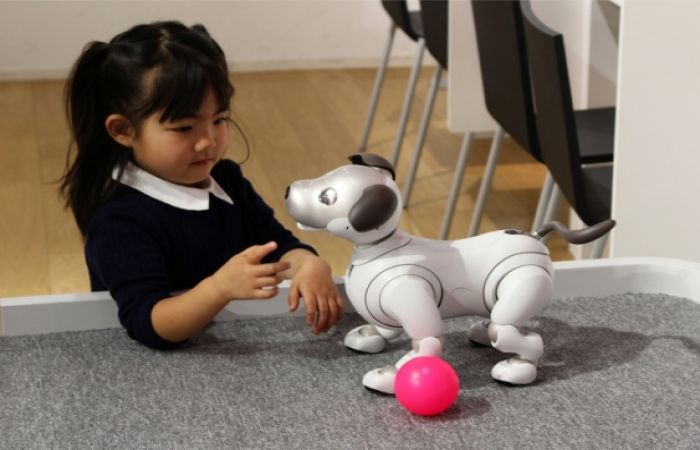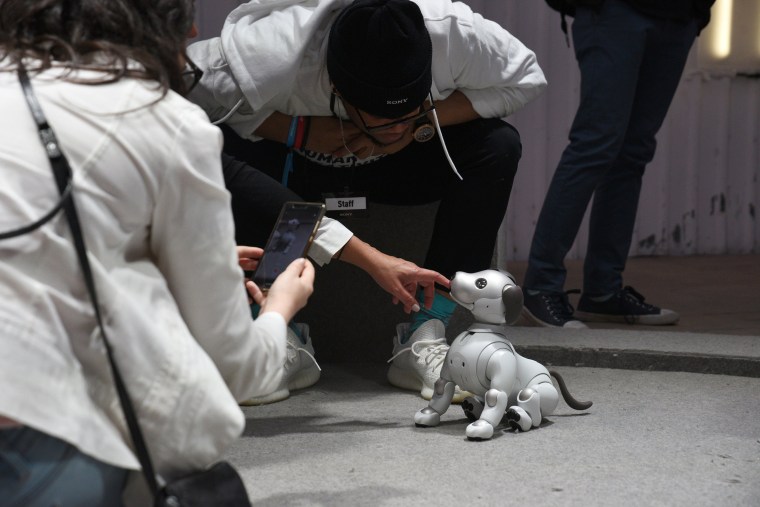
Why Some People Are Choosing Robot Dogs Over Real Pets
In a world increasingly shaped by technology, robot dogs are making their way into homes as companions, offering unique advantages over their furry counterparts. While traditional pets have been beloved for centuries, some people are turning to these high-tech alternatives for reasons ranging from convenience to personal needs.
One of the biggest draws of robot dogs is their low maintenance. Unlike real pets, they don’t require feeding, walking, grooming, or visits to the vet. For individuals with busy schedules, this means having a companion without the added responsibilities.
Robot dogs offer companionship to people who are allergic to animal fur or dander. They provide the joy of having a pet without triggering health issues, making them an ideal choice for allergy-prone households.
For urban dwellers with limited living space, a robot dog doesn’t require room to roam or a backyard. It can adapt to any environment and doesn’t pose challenges to landlords or housing regulations that might restrict traditional pets.
Robot dogs can be programmed to behave in specific ways, catering to their owners' preferences. Want a pet that loves to “play fetch” but never chews on your shoes? These robotic companions can simulate playful behavior without causing any real mess.

For some, the loss of a pet is a heartbreaking experience. Robot dogs can offer comfort without the fear of illness, injury, or death, providing a sense of emotional security.
Robot dogs come equipped with artificial intelligence, allowing them to recognize faces, respond to voice commands, and even “learn” new tricks. These features make them interactive and engaging, often exceeding the expectations of a traditional pet.
For those concerned about the environmental impact of pet ownership, such as the carbon footprint of pet food production, robot dogs present an ethical alternative. They also eliminate concerns about adopting or buying animals responsibly.
Robot dogs are particularly popular among seniors or individuals with disabilities. They provide companionship and a sense of security without the physical demands of caring for a live animal.
While robot dogs are rising in popularity, they aren't likely to replace the deep bond many share with real animals. Instead, they fill a niche for those who love the idea of companionship but cannot accommodate a live pet.
As technology advances, these robot companions are becoming more lifelike and affordable. Whether it's a futuristic trend or a long-term alternative, robot dogs are here to stay, redefining what it means to have a loyal friend.


















